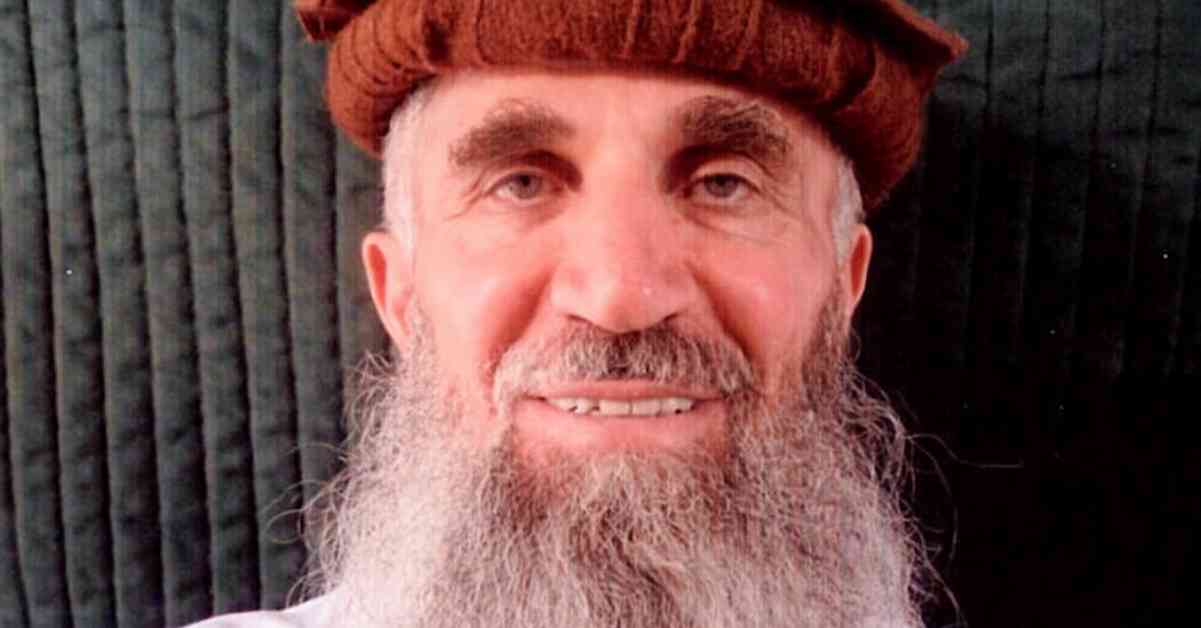A former Al-Qaeda commander, Abd al-Hadi al-Iraqi, was sentenced by a U.S. military jury to serve a 30-year prison term for war crimes committed by his insurgent forces in Afghanistan in the early 2000s. Despite the maximum sentence, a plea agreement will result in his release in 2032, eight years earlier than the initial ruling.
During the sentencing trial, defense lawyers argued for leniency due to Mr. Hadi’s past mistreatment in C.I.A. custody, his cooperation with U.S. investigators, and his declining health. However, the jury of 11 officers ultimately decided to impose the harshest possible sentence on the 63-year-old prisoner.
Mr. Hadi, who suffers from a paralyzing spine disease and has undergone multiple surgeries while detained at Guantánamo Bay, showed little reaction to the verdict. The court proceedings, which lasted two weeks, included emotional testimonies from individuals affected by attacks carried out by Mr. Hadi’s forces.
Although he was portrayed as a member of Al-Qaeda’s inner circle, there was no indication in his plea agreement that Mr. Hadi had prior knowledge of the terrorist attacks on September 11, 2001. His case is unique within the military commissions system, which was established to prosecute individuals involved in terrorism following the 9/11 attacks.
This sentencing highlights the complexities and legal intricacies of dealing with individuals accused of war crimes in the context of terrorism. The plea agreement that led to a reduced sentence for Mr. Hadi raises questions about the balance between justice, accountability, and rehabilitation in such cases. It also underscores the ongoing challenges faced by the U.S. government in navigating the legal framework surrounding terrorism-related offenses.
As the global community continues to grapple with the implications of prosecuting individuals involved in acts of terrorism, cases like that of Abd al-Hadi al-Iraqi serve as a reminder of the ongoing efforts to address past atrocities while upholding the principles of justice and due process.


















